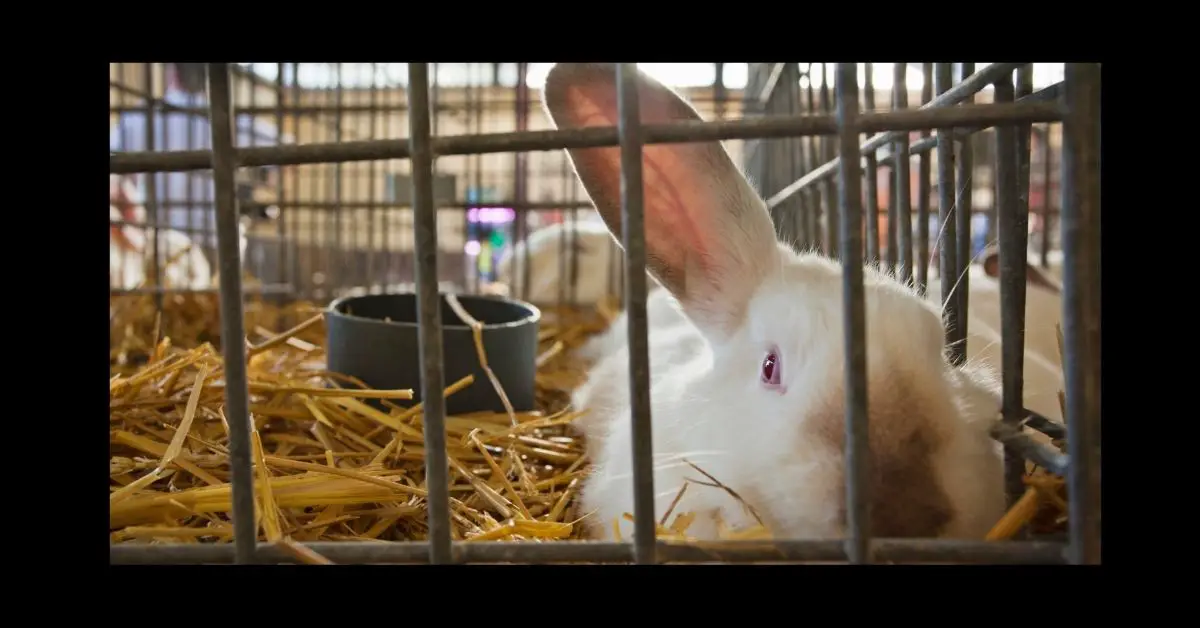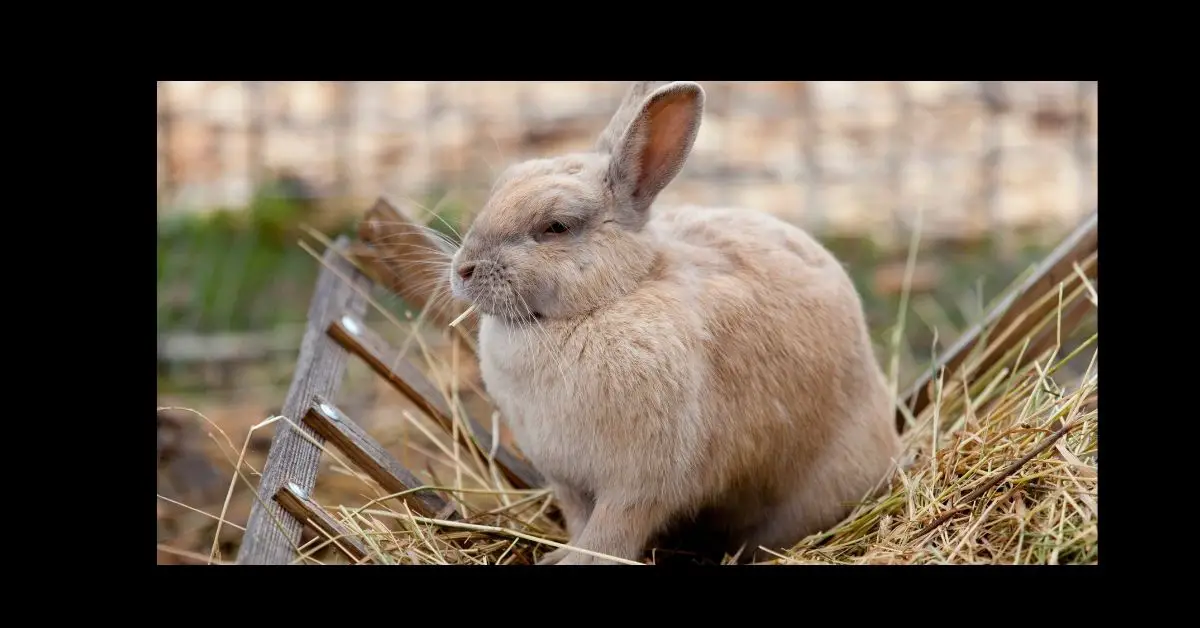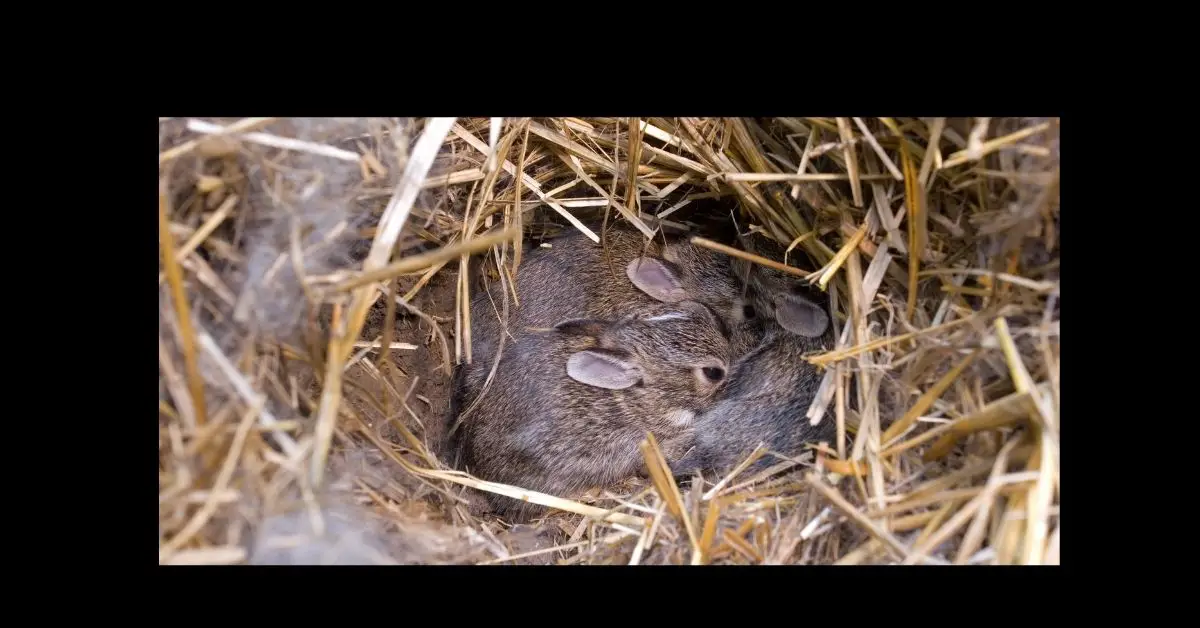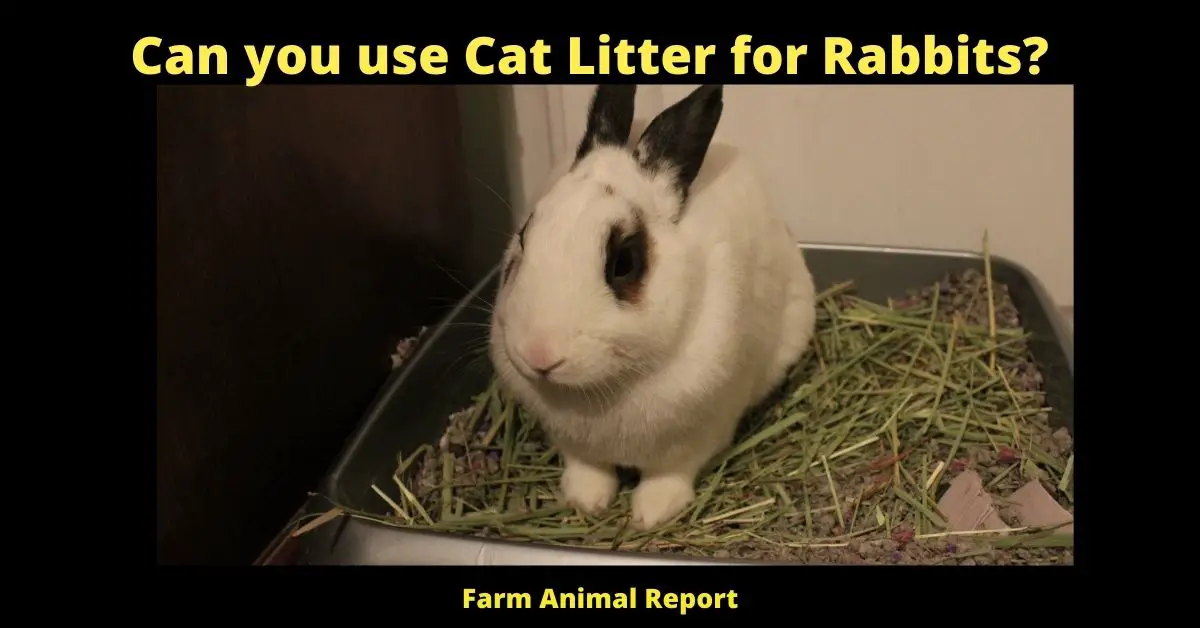Some types of cat litter can be used for rabbits, but not all. The key is to find a litter made from natural materials that do not contain any chemicals or perfumes. Clay-based litters are generally not a good option, as they can be dusty and may contain harmful chemicals. A big difference is that rabbits might eat their litter, whereas cats will not. Rabbits also have a very delicate respiratory System.
Can Cat Litter be used for Rabbits?
It is not recommended to use cat litter for rabbits. Cat litter is made of clay, which can be harmful to rabbits if they ingest it. Additionally, the perfume and deodorants in cat litter can irritate a rabbit’s respiratory system. Can Cat Litter be used for Rabbits?
What Types of cat Litter do they Make?
While there are many different types of cat litter available on the market, they can broadly be divided into two main categories: clumping and non-clumping. Can you use Cat Litter for Rabbits?
Check Out Amazon for Resources about Breeding Rabbits
Clumping litter is made from bentonite clay, which forms clumps when it comes into contact with moisture. This type of litter is easy to scoop and is generally very effective at controlling odors.
Jump to 18 Ways to Make Money by Rabbit Farming **CHARTS*
Non-clumping litter, on the other hand, is usually made from recycled paper or wood shavings. This type of litter does not form clumps, but it is often more absorbent than clumping litter and can be less dusty.

Ultimately, the best type of litter for your cat will depend on their individual preferences.
Do you have a cat that uses litter? If so, you may be wondering if it’s okay to use the same litter for your rabbit. The answer is yes and no. Some types of cat litter can be used for rabbits, but not all.
The key is to find a litter made from natural materials that do not contain any chemicals or perfumes. Clay-based litters are generally not a good option, as they can be dusty and may contain harmful chemicals.
What Types of Litter Can You Use for Rabbits?
When it comes to litter for rabbits, there are a number of different options to choose from. One of the most popular types of rabbit litter is hay. Not only does hay provide rabbits with a source of essential nutrients, but it also helps to keep their digestive system healthy.
Another option is wood shavings, which are absorbent and relatively dust-free. . You can also use paper-based litters, such as pellets made from recycled paper. These litters are absorbent and earth-friendly, but they may not be as long-lasting as other options.
Ultimately, the best type of litter for rabbits is one that meets their needs and fits
What Types of Litter Not To Use for Rabbits?
As any pet owner knows, it is important to pay attention to the type of litter you use for your animals. While there are many different types of litter on the market, not all of them are suitable for rabbits. For example, clay-based litters can be harmful if ingested, and pine- and cedar-based litters can cause respiratory problems.
Always avoid any kind of scented litter, as the chemicals used to produce the scent can be harmful to your rabbit’s delicate respiratory system. With so many safe and effective options available, there’s no need to take any chances with your rabbit’s health.
What is the best cat litter for rabbits?
When it comes to rabbits, the best type of cat litter is actually no litter at all. Instead, rabbits should have a litter box filled with hay. Hay is not only absorbent, but it’s also a good source of fiber for rabbits.
In addition, hay helps to keep rabbits’ teeth clean and healthy. If you’re using a litter box liner, make sure to choose one that is safe for rabbits. Some liners contain chemicals that can be toxic to rabbits if ingested. If you’re looking for an alternative to hay, you can also use newspapers or paper towels.
Just be sure to avoid using any scented products, as they may contain chemicals that can be harmful to rabbits.

Cat litters that are scented can contain harmful chemicals to rabbits. Also, clay-based litters are problematic because if rabbits ingest them it can be harmful. The best type of cat litter for rabbits is actually no litter at all, and instead, use hay. If you are using a litter box liner, make sure it is safe for rabbits by avoiding scented products and clay-based materials.
A big difference is that rabbits might eat their litter, whereas cats will not.
What is the best rabbit litter for odor control?
When it comes to rabbit litter, there are a variety of options to choose from. However, not all litters are created equal. For those who are concerned about odor control, there are a few things to keep in mind.
First, look for a litter that is made from natural materials such as wood or paper. These materials are more absorbent than synthetic alternatives and will help to control odors more effectively.
Second, consider a litter with added ingredients that help to control odor. For example, some litters contain baking soda, which helps to neutralize odors.
There are a variety of rabbit litters available on the market, and each has its own advantages and disadvantages. One type of litter that is often praised for its odor-control properties is pine pellet litter.
Pine pellets are made from compressed pine shavings, and they absorb smells very effectively. Another popular option is newspaper pellet litter, which is made from recycled newspapers.
Newspaper pellets are also good at controlling odors, and they are more environmentally friendly than other types of litter. However, newspaper pellets can be more expensive than pine pellets.
Ultimately, the best type of rabbit litter for odor control depends on your personal preferences and budget.
Finally, be sure to change the litter regularly and clean the cage on a regular basis. By following these simple tips, you can help keep your rabbit’s cage smelling fresh and clean.
Rabbit litters should be made from natural materials like wood or paper for better odor control. You can also find rabbit litters with ingredients like baking soda to help control smells. Consider changing the litter regularly and cleaning the cage to help keep odors under control.
How much Litter to put in the rabbit litter box?
The appropriate amount of rabbit litter to use in a litter box depends on several factors, including the size of the box and the number of rabbits using it. In general, it is best to fill the box to a depth of about 3-4 inches.
This will give the rabbits enough material to burrow and play in, but not so much that they are likely to make a mess. If you have multiple rabbits, you may need to increase the amount of litter accordingly.
It is also important to regularly clean the litter box, as rabbits are notorious for being messy creatures. A good rule of thumb is to scoop out the waste every day and perform a complete cleanse every week. By following these simple guidelines, you can ensure that your rabbits have
What is the best rabbit litter box setup ?
When it comes to litter boxes, there are a few things to consider for rabbits. The first is size.
A rabbit’s litter box should be large enough for them to move around comfortably, and they should also be able to easily reach their food and water.
Second, rabbits like to dig, so the litter box should be deep enough for them to do so. Third, it’s important to use a litter that is safe for rabbits.
Avoid anything with sharp edges or that could be toxic if ingested. Finally, the litter box should be kept clean.
Rabbits are very clean animals and will not use a dirty litter box. When setting up a litter box for a rabbit, it’s important to keep these things in mind.
Can I use paper litter for rabbits?
Paper litter can be used for rabbits, but there are some things to keep in mind. First, paper litter is not as absorbent as other types of litter, so it will need to be changed more frequently.
Second, paper litter can be dusty, so it’s important to choose a brand that is low-dust or dust-free. Third, paper litter is not biodegradable, so it’s important to dispose of it properly. Overall, paper litter can be a good option for rabbits, but it’s important to be aware of its limitations.
Can you use wood pellet cat litter for rabbits?
Wood pellet cat litters are made of compressed sawdust and are therefore absorbent. They are also low-tracking, meaning that they will not stick to your rabbit’s fur.
However, there are a few things to consider before using wood pellet cat litter for your rabbit. One is that rabbits like to eat wood, so you will need to be vigilant about removing any pellets that your rabbit has nibbled on.
You will also need to regularly change the litter, as it can become damp and moldy. Overall, wood pellet cat litter can be a good option for rabbits, as long as you are willing to put in the extra effort to keep the litter clean.

Can you use non-clumping cat litter for rabbits?
Non-clumping cat litter can be used for rabbits, but there are a few things to keep in mind. First, non-clumping litter will not adsorb urine as well as clumping litter, so you will need to change it more frequently.
Second, non-clumping litter is often made of clay, which can be harmful if ingested. If you decide to use non-clumping cat litter for your rabbit, be sure to supervise them closely and change the litter often.
What symptoms will my rabbit show if it is having Health problems from Litter?
There are several symptoms that your rabbit may exhibit if it is having health problems from its litter. These can include excessive sneezing or sniffling, watery eyes, and/or runny nose. Your rabbit may also have difficulty breathing, and it may make loud clicking or wheezing noises when it breathes.
In addition, your rabbit may have a decrease in appetite and/or weight loss. If you notice any of these symptoms in your rabbit, it is important to take it to the vet as soon as possible for an evaluation. Left untreated, these health problems can cause serious damage to your rabbit’s respiratory system and lead to long-term health problems.
What symptoms will my rabbit show if it is having digestive blockage from Litter?
One of the most common health problems in rabbits is a digestive blockage, which can occur if the rabbit ingests too much litter. Symptoms of a blockage include loss of appetite, weight loss, lethargy, and vomiting.
If your rabbit is showing any of these signs, it is important to take it to the vet immediately. The vet will likely recommend that you switch to a different type of litter or reduce the amount of time that your rabbit spends in its litter box.
In severe cases, surgery may be necessary to remove the blockage. By being aware of the signs and symptoms of digestive blockage, you can help keep your rabbit healthy and happy.
How to Litter Train My Rabbit?
Litter training your rabbit is a process of teaching your rabbit to use a designated spot for its bathroom needs. There are many benefits to litter training your rabbit. A litter-trained rabbit is less likely to have accidents in other areas of the house and is less likely to develop health problems associated with a dirty living environment.
Additionally, rabbits are creatures of habit, and once they are used to using a litter box, they will be much less likely to try to use other areas of the house as their bathroom. The key to success is to be patient and consistent with your rabbit. Here are a few tips on how to litter train your rabbit:
- The first step is to select an appropriate litter box. The box should be large enough
- Place the litter box in an area that is easily accessible to your rabbit.
- Fill the litter box with a small amount of litter. Avoid using clay-based litters, as they can be harmful if ingested.
- Place your rabbit in the litter box and let it explore.
- Once your rabbit seems comfortable with the litter box, you can begin to increase the amount of time it spends in there.
- Be patient and consistent, and soon your rabbit will be successfully litter trained!
If you have any questions or concerns about litter training your rabbit, please consult with a veterinarian.
Final Thoughts – Can you use Cat Litter for Rabbits?
In conclusion, cat litter can be used for rabbits, but there are a few things to keep in mind. Use non-clumping, no chemicals, and dust-free. Remember your Rabbit may eat it.





